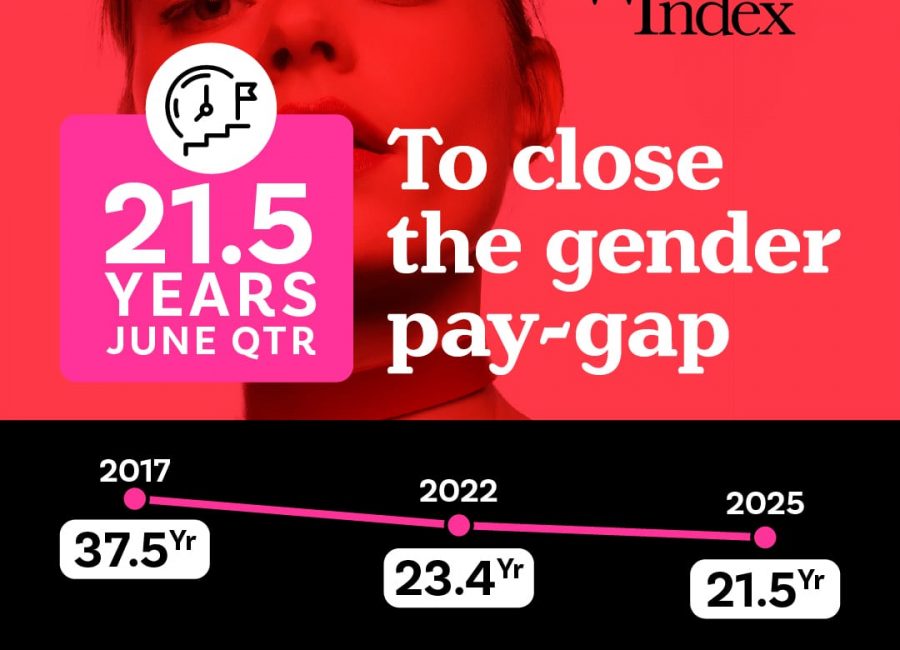So you’re going to buy property?
Congratulations!
Like most finance stuff, there’s a whole world of jargon and rules you’ve never heard of.
Here’s what you need to know.
Find out how much you can borrow
There are plenty of nifty ‘borrowing power’ calculators that give you a general idea.
They’re pretty generous though, so you need to sit down with a mortgage broker and go through it.
Make friends with a mortgage broker
Should you use a broker?
Absolutely.
A mortgage broker does all the work for you and you don’t even need to pay them, the winning lender does that.
How do you find a broker?
Ask around, people who have a good one will happily recommend them.
Things that might affect your borrowing power:
Credit cards
The limit you have is seen as a liability, even if the balance is zero.
So if you have a $10,000 limit, the bank assumes you have that much debt.
So either cancel unnecessary cards or reduce your limits.
Personal or car loans
Again, if you owe $20,000 on a car loan, the bank will take this into account.
So if you are still paying off another loan, be aware that it crimps your spending power.
Your credit score
Your credit score might be compromised by a bad decision or oversight, and you need to know about it.
Google ‘credit score’ to get a free one.
Your savings history
Even if you have been gifted a hefty sum from the ‘bank of mum and dad’, you need to show the bank you can pay off a mortgage.
So they will want to see your bank statements to reassure themselves of that fact.
Building in a buffer
Now just because you CAN borrow a certain amount, doesn’t mean you should.
Unless you intend to live extremely frugally, don’t take the max amount the bank offers.
You need a buffer in case interest rates go up, so get your broker to run the numbers as though rates had gone up 3 per cent or more.
Crunching the numbers
How much does a property cost?
More than you think, the purchase price is just the start.
Other costs include:
Legal/conveyancing fees
Building inspections
Stamp duty
Lenders’ Mortgage Insurance
Choosing a loan
The first thing to decide is whether to have a fixed rate, meaning the interest rate doesn’t change.
A variable loan goes up and down at the whim of the Reserve Bank.
A fixed rate means you have more certainty, but you are also stuck if rates go down, and may face a fee if you pay the loan out early.
There are pros and cons of each, choose the option that you can sleep at night with.
The ‘offset account’
This is where any money in your bank account counts towards the loan.
If you have $10,000 in your bank account, the bank acts as though you paid that money to them, and reduces the amount you pay interest on.
A redraw is similar.
Any money that you pay on top of the minimum repayment goes to the loan, but you can redraw it out again if you need to.
So, if you made $10,000 extra in payments last year, you can claw that back if you need it for an emergency.
In terms of rates, your broker should find the best one for you.












